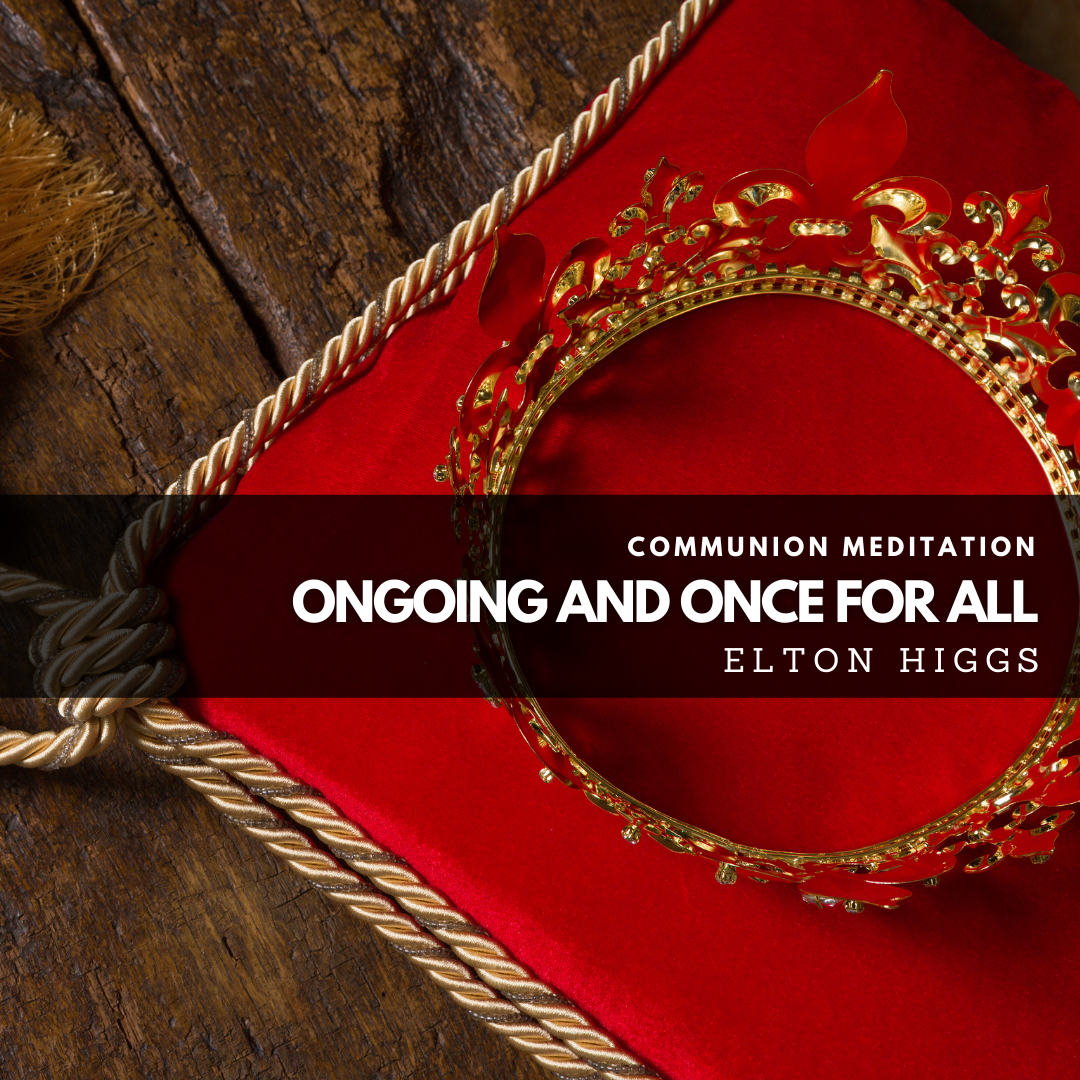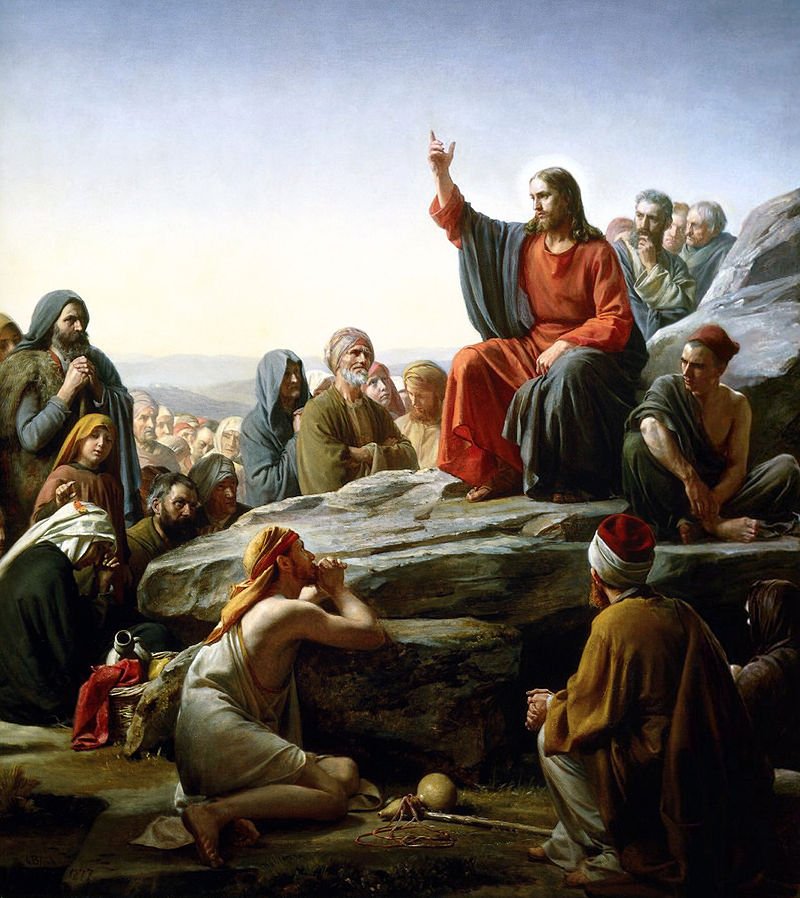Editor’s note: This article was originally written for Foundations.
Sometime around 33 A.D., in the springtime, Jesus was crucified on a cross. He endured the most brutal and tortuous form of capital punishment in perhaps all of human history. Today, many people throughout the world recognize the Cross as the symbol of the Christian faith. This is appropriate since the Bible clearly teaches that the death of Jesus is absolutely central to the gospel, the good news which Jesus tasked His followers to believe and proclaim. The Apostle Paul says, “that Christ died for our sins” is of “first importance.” But what is the meaning of the Cross? Why did Jesus have to die?
Christians have reflected on this question for nearly two thousand years. In that time, the church has uncovered several different reasons for the Atonement or death of Christ. These different reasons are ultimately harmonious and complementary; they are like the facets of a diamond. Each facet reveals something important and beautiful about the meaning and purpose of the Cross.
Facet 1: Jesus’s Death as Ransom
Key verse: “For even the Son of Man did not come to be served, but to serve, and to give his life as a ransom for many.” Mark 10:45
The Bible tells us that Jesus’s death was a ransom. The Old Testament provides some context for the biblical notion of “ransom.” Perhaps the most vivid example comes in the book of Ruth. In this story, we meet Ruth and her mother-in-law, Naomi. Ruth’s husband had died, as well as her sons, and she was left alone and suffering. Fortunately, the law outlined the role of a “kinsman redeemer,” who would be legally obligated to redeem by ransom a family member who had been sold into slavery (Lev. 25:47-55). Boaz ransomed or redeemed Ruth, buying back her former husband’s property and marrying Ruth, saving her from a life of poverty and hunger. Throughout the Old Testament, “to ransom” often has the sense of “buying back.”
In the New Testament, Jesus says that He has come to give his life as “ransom for many.” Paul says that Jesus “gave himself a ransom for all” (1 Tim. 2:5-6). But who did God pay ransom to? Some have suggested that God paid Satan the ransom, but that is not supported by the Bible. Instead, we should think of God as satisfying the demands of His own righteousness in order to be our redeemer; He “bought us back” so that we might be free.
Facet 2: Jesus’s Death as Victory over Evil
Key verse: “And having disarmed the powers and authorities, he made a public spectacle of them, triumphing over them by the cross.” (Colossians 2:14).
The Bible also tells us that by his death, Jesus gained victory over the powers of evil. The very first prophecy in the Bible foreshadows this victory. After God created Adam and Eve, they were tempted by the serpent, who is Satan (cf. Rev. 12:9). Though Adam and Eve sinned, in Genesis 3:15, God said that a descendant of Eve would someday “crush the head” of the serpent. God promised that He would decisively defeat the devil through a human person. Christ, who is both fully God and fully man brought this about. By his death, Jesus freed humanity from the power of Satan. But Christ also demonstrated his power over death itself. Though Christ died on the Cross, the Father raised Him again, proving that death itself is “swallowed up in victory” (1 Cor. 15:54). By the Cross, Christ defeats both sin and death; He crushes the head of the serpent. As the Bible says, “thanks be to God! He gives us the victory through our Lord Jesus Christ” (1 Cor. 15:57).
Facet 3: Jesus’s Death as Moral Example
Key verse: “To this you were called, because Christ suffered for you, leaving you an example, that you should follow in his steps.” (1 Peter 2:21)
The Cross also shows us what God is like and how we should live. The Bible says that Jesus died for us because He loves us (cf. Rom. 5:8). In the Gospel of Luke, Jesus tells a parable about a shepherd who left his entire flock to seek and save a single lost sheep. The shepherd searches for the missing sheep until he finds it and he “joyfully puts it on his shoulders” (Luke 15:5). Like the shepherd, Jesus says that He has come to “seek and save the lost” (Luke 19:10). The Cross shows us the love of God.
The Cross also shows us what sort of life we should live. By dying on the Cross, Jesus shows that He is obedient to God’s will. And Jesus shows us how we ought to love others. Love is not merely a feeling and godly love may require personal sacrifice. Like Jesus, we may need to give of ourselves, whether that be our money, time, or even our lives. But, we also know that God sees what we do, that He is a just God, and He will reward us for following his commandments (1 Pt. 1:4).
Facet 4: Jesus’s Death as Substitutionary Atonement
Key verse: “God presented Christ as a sacrifice of atonement, through the shedding of his blood—to be received by faith. He did this to demonstrate his righteousness…” (Romans 3:25a).
Jesus also died as a substitute for sinners. In the Old Testament, Israel sacrificed animals to cover their sins. Once a year, on the Day of Atonement, the High Priest would slaughter a goat as a sin offering. This was for the “wickedness and rebellion of the Israelites–all their sins” (Lev. 16:21). This did not take away the guilt of sin (cf. Heb. 10:4), but it does show us that the “wages of sin is death” (Rom. 6:23).
Sin is a great offense to holiness and justice of God (cf. Hab. 1:13). God could not simply forgive sin because He is a God of justice. He would be like a judge who let a convicted murderer go free. A judge that ignores the law would be no judge at all. But because God loves us, He paid the penalty of sin Himself by sending His Son to die in the place of sinners. In this way, God shows Himself to be “just and the one who justifies those who have faith in Jesus” (Rom. 3:26). God is God of holiness and of love; both features of God’s character are seen in the Cross of Jesus Christ.
Conclusion
Jesus died on the cross for many reasons. Each of these reasons reveals something about who God is and why Jesus had to die. Jesus died to ransom and redeem us from death. He died to demonstrate His power and ultimate victory over sin and death. The Cross shows us that God loves us and wants us to live a life of obedience to God and love for others. Finally, Jesus’s death makes atonement for our sin so that we can be right with God. Without the Cross, we would be doomed to suffering and death. But because of it, we can live forever with God.

















































